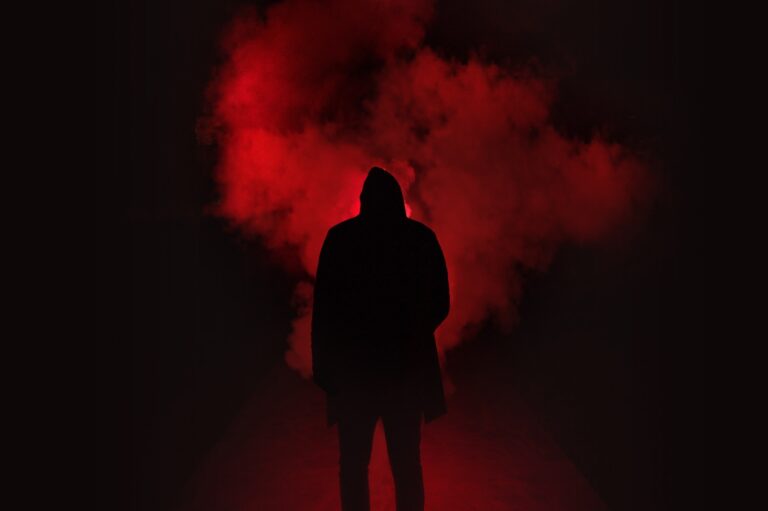Is Prostitution Legal in Sierra Leone?
In Sierra Leone, prostitution is not legal, and there are several laws that criminalize various aspects of sex work. However, despite the legal status of prostitution, the practice is widespread and often overlooked by law enforcement agencies in the country.
What are the Laws, Penalties, and Law Enforcement Practices?
There are a number of laws that address prostitution in Sierra Leone, including:
- The Offences Against the Person Act, 1861, which criminalizes the act of living off the earnings of prostitution.
- The Prevention of Cruelty to Children Act, 1926, which prohibits the procurement of a girl under the age of 16 for the purpose of prostitution.
- The Malicious Damage Act, 1861, which criminalizes the act of knowingly living on the earnings of prostitution.
Penalties for violating these laws can include fines and imprisonment. However, enforcement of these laws is often weak, with police and other law enforcement agencies often turning a blind eye to the practice. This lack of enforcement has led to a proliferation of sex work in Sierra Leone, particularly in the capital city of Freetown.
How is Prostitution Referred to Locally in Sierra Leone?
In Sierra Leone, prostitution is often referred to as commercial sex work or simply sex work. The women who engage in prostitution are sometimes called Aberdeen girls due to the high concentration of sex workers in the Aberdeen area of Freetown. They are also sometimes called three-pole girls as they are known to stand near electricity poles to attract clients.
What is the History of Prostitution in Sierra Leone?
Prostitution has a long history in Sierra Leone, dating back to the pre-colonial period. During the colonial era, sex work was a common practice among both the indigenous population and the European settlers. The growth of urban centers, particularly Freetown, saw an increase in the number of women engaging in sex work as a means of survival.
After Sierra Leone gained independence in 1961, prostitution continued to be a significant social issue. The civil war that ravaged the country between 1991 and 2002 further exacerbated the problem, as many women turned to sex work as a means of survival amid the chaos and economic collapse.
How do Government Laws and Resources Address Prostitution?
The government of Sierra Leone has taken some steps to address the issue of prostitution, particularly in relation to human trafficking and child exploitation. In 2005, the country passed the Anti-Human Trafficking Act, which criminalizes all forms of human trafficking, including the trafficking of persons for the purpose of prostitution.
Additionally, the government has implemented a National Action Plan to Combat Trafficking in Persons, which includes efforts to raise awareness of the issue, improve law enforcement capacity, and provide support to victims. However, resources for implementing these initiatives are limited, and progress in combating human trafficking and prostitution has been slow.
While the government has made some efforts to address the issue of prostitution, there is still much work to be done. Greater emphasis on prevention, support for victims, and stronger enforcement of existing laws will be necessary to effectively combat the problem of prostitution in Sierra Leone.
